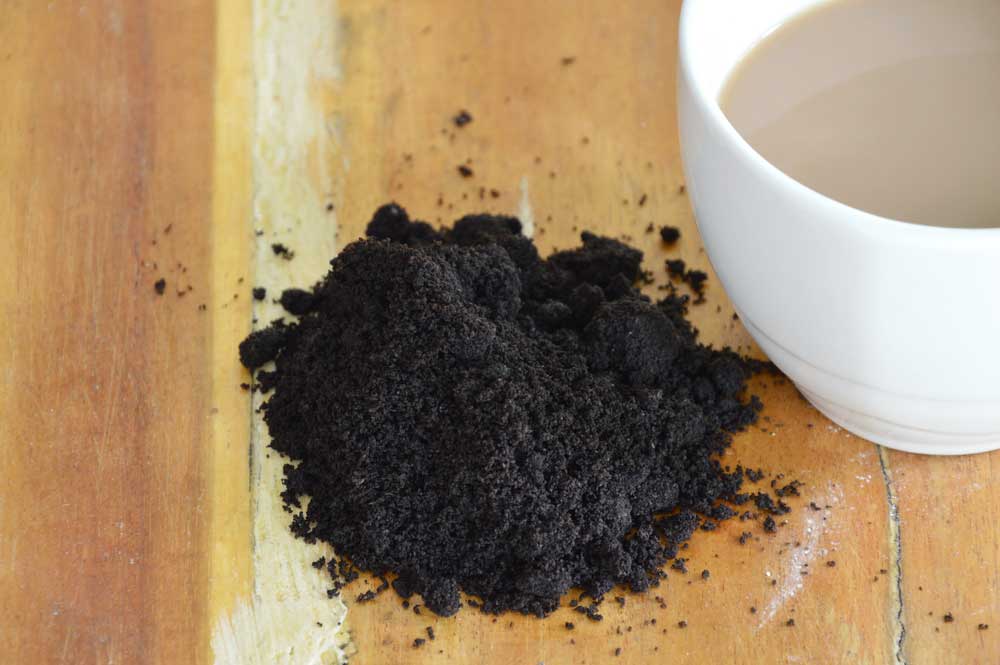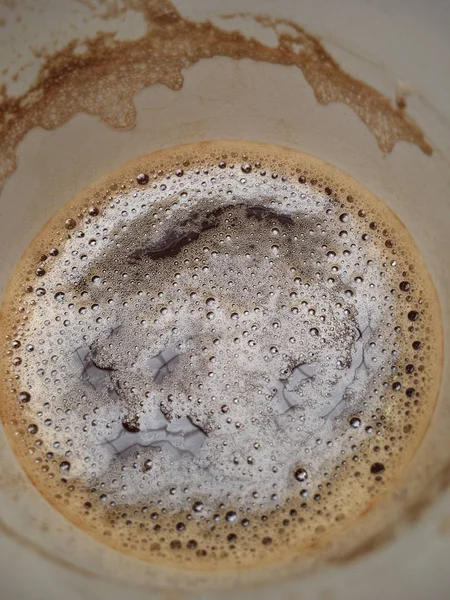Disposing of Coffee Grounds Down the Sink: Possible or Not? - Key Points to Keep in Mind
Disposing of Coffee Grounds Down the Sink: Possible or Not? - Key Points to Keep in Mind
Blog Article
We've stumbled on this great article involving Is it safe to dispose of coffee grounds down the sink? below on the internet and figured it made good sense to discuss it with you on this page.

If you're an enthusiastic coffee enthusiast, you may be wondering about the best way to dispose of your coffee grounds. While it might seem practical to wash them down the sink, this practice can lead to several concerns for both your plumbing and the setting. In this short article, we'll discover whether it's safe to put coffee premises down the sink and review different disposal techniques to consider.
Alternatives to Disposing of Coffee Grounds
Garbage Disposal
If you don't have a composting arrangement, one more alternative is to simply toss your coffee grounds in the garbage. Be sure to secure them in a compostable bag or container to stop smells and leakage. While this technique does not supply the same environmental advantages as composting, it's a secure and hassle-free way to get rid of coffee premises.
Composting
One eco-friendly option for throwing away coffee premises is to compost them. Coffee grounds are rich in nitrogen, making them an outstanding addition to compost piles or bins. As they decompose, they include nutrients to the dirt, enhancing its fertility and structure.
Risks of Putting Coffee Grounds Down the Sink
Plumbing Issues
Among the main interest in getting rid of coffee grounds down the sink is the threat of blocking your pipelines. Coffee premises don't liquify in water and can build up with time, developing a dense sludge that can obstruct drains pipes and cause costly plumbing repair services.
Environmental Impact
Past the possible damage to your plumbing, placing coffee premises down the sink can likewise damage the environment. When washed right into the sewer system, coffee grounds can add to obstructions in sewage system lines and therapy facilities. In addition, the high focus of organic matter in coffee premises can diminish oxygen levels in rivers, negatively affecting marine life.
Tips for Proper Disposal
Routine Maintenance
Regardless of just how you choose to dispose of your coffee grounds, it's necessary to preserve your plumbing on a regular basis. Set up routine drainpipe cleanings to remove any build-up and make certain that your pipelines stay clear and free-flowing.
Use a Sink Strainer
To stop coffee premises from entering your sink's drain to begin with, take into consideration utilizing a sink filter. These cost-effective gadgets catch solid particles, consisting of coffee grounds, avoiding them from causing blockages.
Conclusion
While it may be alluring to wash coffee premises down the sink for benefit, doing so can have severe consequences for your plumbing and the atmosphere. Rather, consider composting your coffee grounds or disposing of them in the trash. By embracing liable disposal techniques, you can appreciate your coffee guilt-free while decreasing your environmental footprint.
Coffee Grounds Down The Drain: Are They OK?
Can Coffee Grounds Go Down the Sink?
You may be thinking, “But I pour them down the sink drain every day and I’ve never had a clogged drain!” You see, coffee grounds come from coffee beans, which are virtually rock hard by the time they’re ground and brewed. You certainly wouldn’t want to grind up the pit from a peach, apricot, or nectarine that is about just as hard because they wouldn’t break down like other foods, and it’s the same with coffee beans!
If you usually grind coffee beans in the garbage disposal because it seems the cleanest and convenient, we don’t fault you for that. And anyone who has ever had to clean up the trash with spilled coffee grounds after a dog got into it would understand the rationale. Unfortunately, coffee grounds do not break down in water, so instead of grinding up and washing away as normal foods do in a garbage disposal, they clump together and as time goes by, the grounds can form a clump and pack the drain until it develops a clog.
What to Do With Coffee Grounds
So, what do you do with coffee grounds if you can't put them down the drain? You could of course just throw them in the garbage, but we encourage you to give these practical uses for them a try!
Since coffee grounds contain key minerals for plant growth, you can use them to fertilize your garden. Coffee grounds not only fertilize gardens because they are mineral-rich, but they are also great at absorbing contaminants in the soil, particularly heavy metals. Coffee grounds are said to attract worms, which help gardens flourish. You can use coffee grounds as fertilizer by sprinkling them around your plants. You can compost your coffee grounds and use them at a later time. Coffee grounds are great insect repellents when you place them in bowls or sprinkle them around the areas you want to repel insects. To remove fleas from your dog or cat, simply shampoo your pet then rub coffee grounds throughout their fur. Rinse them off and dry as usual. Like baking soda, used coffee grounds can eliminate odors. You can place them in a bowl in the fridge and let them do the work! Mix coffee grounds with coconut oil for a wonderful face or body scrub, or to reduce the appearance of cellulite. https://www.wintershomeservices.com/blog/2019/august/coffee-grounds-down-the-drain-are-they-ok-/

As an enthusiastic reader on What are the consequences of putting coffee grounds, I assumed sharing that topic was necessary. Enjoyed our blog? Please share it. Help other people locate it. I truly appreciate reading our article about Should You Put Coffee Grounds Down the Sink?.
Visit Our Website Report this page